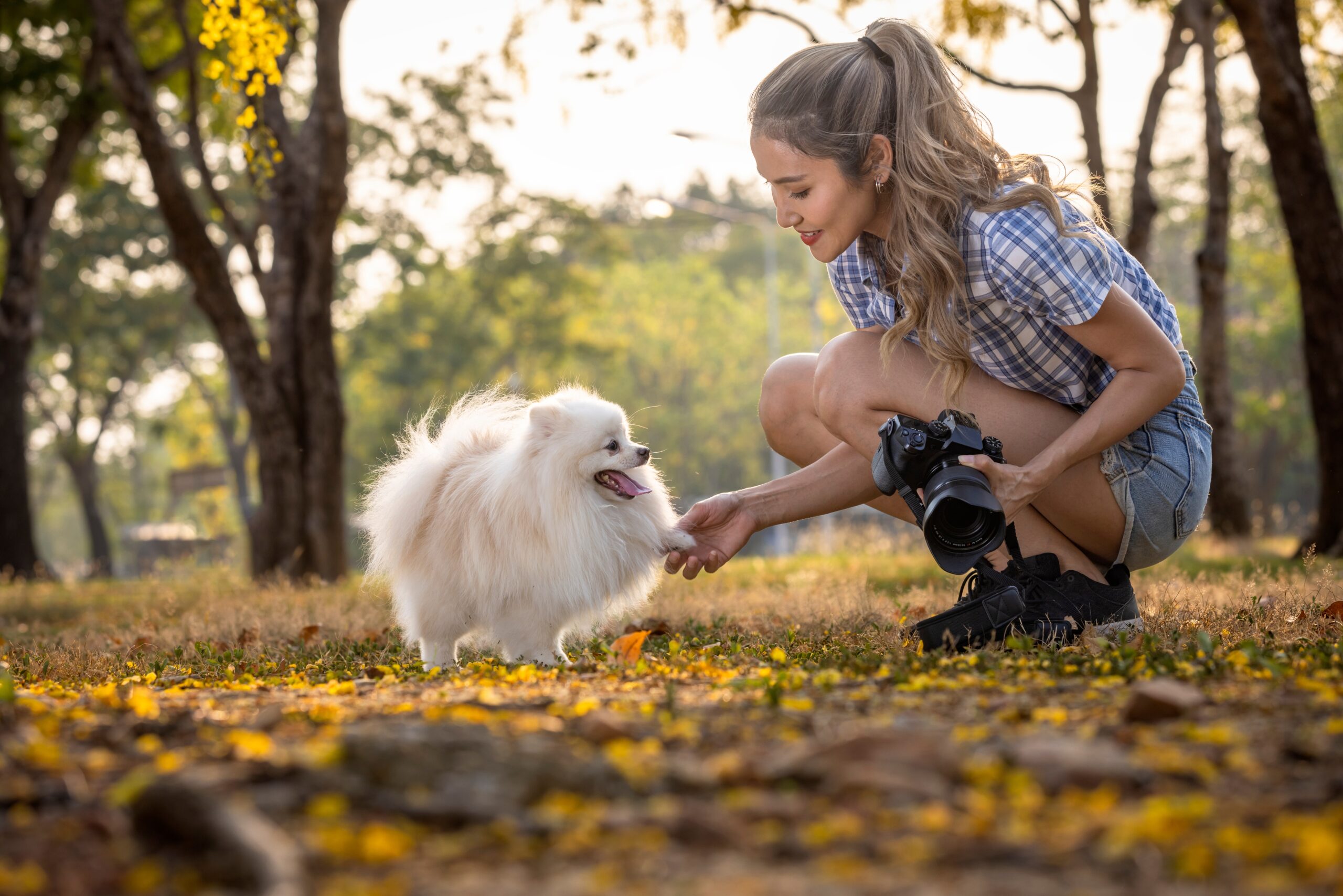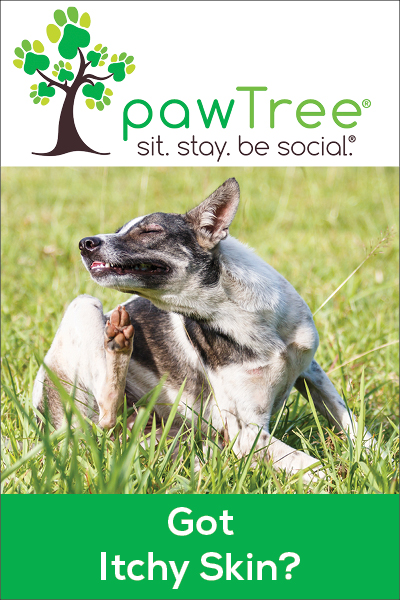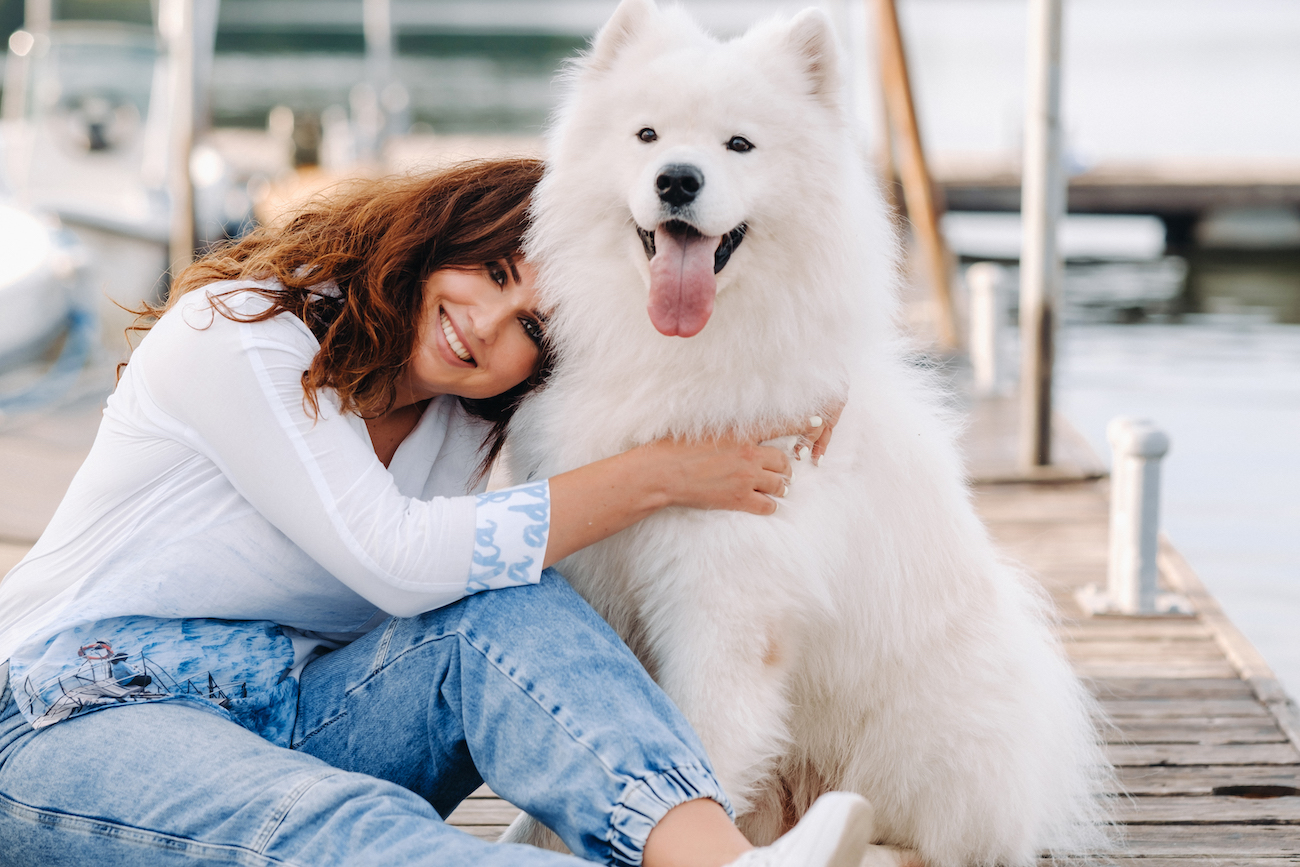
Customer Care: Parent Pictures
My name is Hannah, and I grew up in Dornsife Pennsylvania. I have been involved in the dog breeding industry since 2016! The breeds I raise are AKC Miniature Poodles, AKC Miniature Schnauzers, and Cockapoos. As the owner of Fetch Photography, I offer general advertising and photography services specializing in puppies to areas in Northumberland, Dauphin, and Schuylkill County PA! I list puppies on all major puppy websites, including Greenfield Puppies, Lancaster Puppies, Infinity Pups, Puppies.com, and AKC Marketplace. Listing puppies for breeders outside my area is possible if breeders can provide their own photos. In 2020 I began offering canine genetic testing and genetic counseling for breeders in all areas even if you are located outside Pennsylvania! In 2022 I married my husband Scotty, and my name changed from Hannah Schaible to Hannah Day. If you have questions about this article or my services, feel free to contact me! Hannah Day: 570-809-3335 or [email protected]




